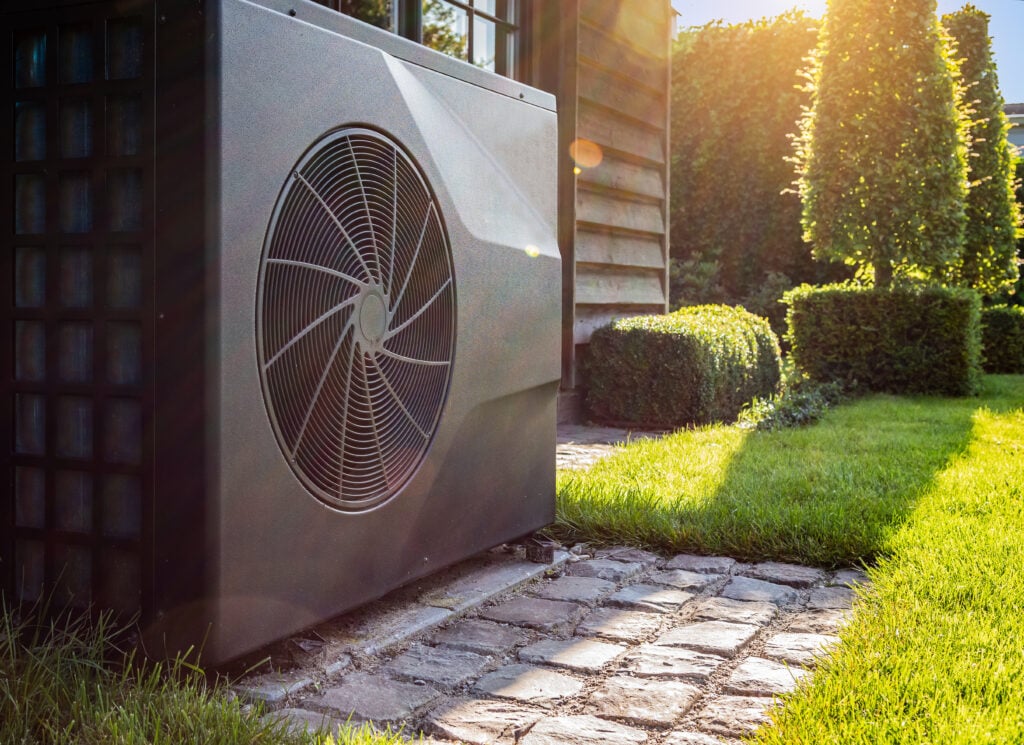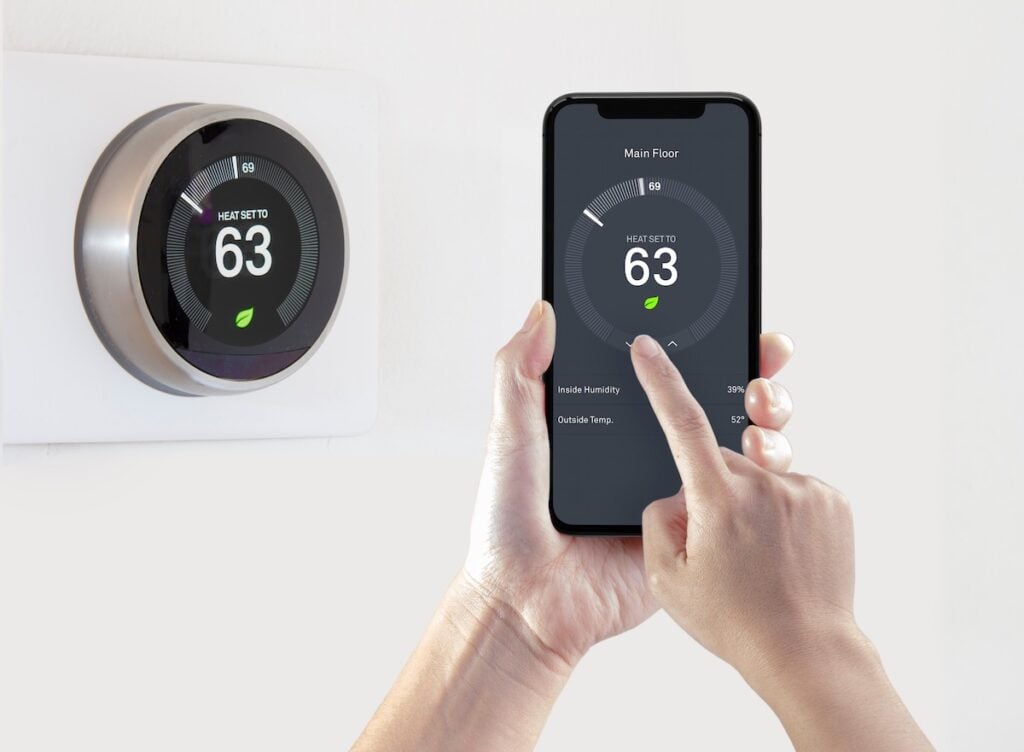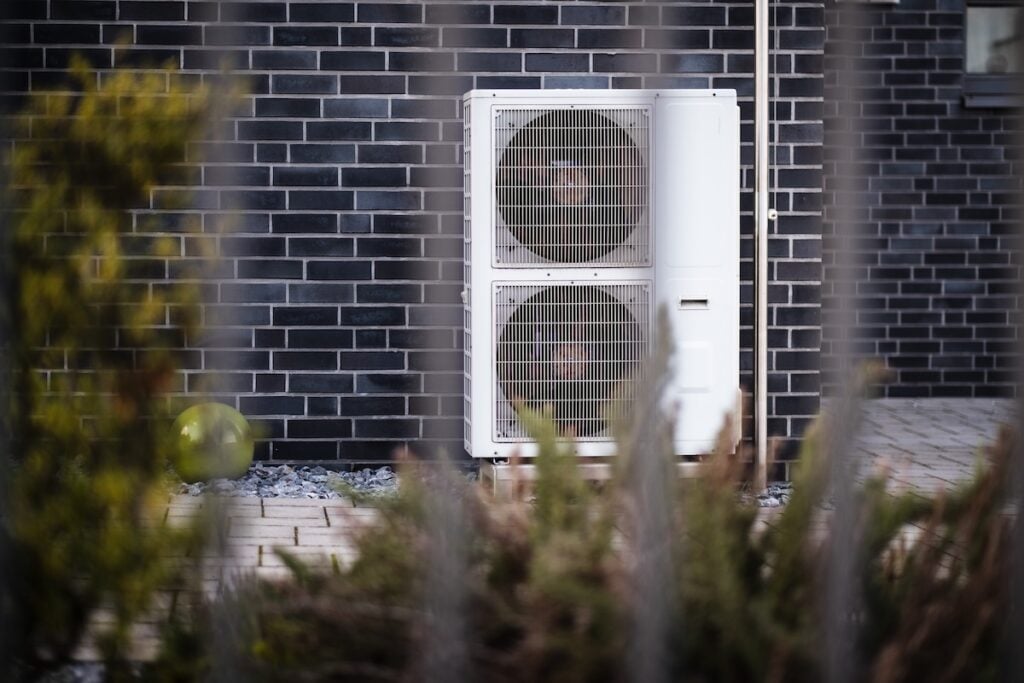What Is Hybrid Heat Pump? (Pros & Cons)
Homeowners are always searching for smarter, more energy-efficient ways to heat and cool their homes. One option gaining popularity is the hybrid heat pump. This system combines the efficiency of a heat pump with the reliability of a traditional furnace, giving you the best of both worlds. Instead of relying on just one type of energy, the hybrid system automatically switches between electric and gas depending on conditions, ensuring comfort and savings all year long. If you’re considering upgrades, you can explore heat pump services to see how this technology might fit your home.
In this guide, we’ll break down exactly what a hybrid heat pump is, how it works, and whether it’s the right solution for your household.
Here’s what you’ll learn:
- Why hybrid heat pumps are becoming a top choice for homeowners
- How these systems operate and adapt to different temperatures
- Common questions about efficiency, performance, and cost
- Pros, cons, and key considerations before investing in one
🌍 Why Hybrid Heat Pumps Matter

Energy costs are rising, and homeowners want sustainable solutions that don’t compromise on comfort. Hybrid systems are designed to maximize efficiency while adapting to different weather conditions.
Here’s why this technology is worth understanding:
- Lower utility bills: The system uses the most cost-effective fuel source at any given time, keeping expenses under control.
- Year-round comfort: Hybrid units provide heating in winter and cooling in summer, eliminating the need for separate systems.
- Environmental benefits: By using electricity efficiently, hybrid systems reduce greenhouse gas emissions compared to fossil-fuel-only furnaces.
- Smart technology: Many models include programmable controls that automatically switch between fuel sources for maximum savings.
⚙️ 5 Key Features Of A Hybrid Heat Pump
To understand whether a hybrid system is right for your home, it helps to know what sets it apart.
1. Dual-fuel capability
At its core, a hybrid system pairs an electric heat pump with a gas furnace.
- The heat pump handles heating and cooling when temperatures are mild
- When outdoor temps drop too low for efficiency, the furnace kicks in
- Homeowners get seamless comfort without manually switching settings
2. Smart thermostats and controls

Hybrid systems often come with advanced thermostats that monitor outdoor temperatures.
- The thermostat decides which fuel source is most efficient
- Homeowners can set preferences for comfort vs. savings
- Some models integrate with smart home systems for remote control
3. Energy adaptability
Unlike single-source systems, hybrids adapt to changing conditions.
- Mild weather: Heat pump operates for high efficiency
- Extreme cold: Gas furnace ensures reliable heating
- Transitional seasons: System balances between both
4. Long-term savings potential
While the upfront investment may be higher, energy savings add up over time.
- Lower electric bills in summer compared to AC units
- Reduced gas use during shoulder seasons
- Potential rebates for energy-efficient installations
5. All-in-one system convenience
Instead of maintaining separate units, hybrid systems simplify your home’s HVAC setup.
- One system covers heating and cooling needs
- Fewer service appointments overall
- Consistent comfort across seasons
❓ Hybrid Heat Pump FAQs
Homeowners often have questions before committing to this technology. Let’s tackle the most common ones.
- Is a hybrid heat pump the same as a regular heat pump?
No. A standard heat pump only uses electricity, while a hybrid system adds a gas furnace for backup. - Do hybrid systems work in very cold climates?
Yes. The gas furnace takes over when temperatures drop too low for the heat pump to run efficiently. - How much can I save on energy bills?
Savings vary, but many homeowners report reductions of 20–40% compared to traditional systems. - Are rebates available for hybrid installations?
In many regions, yes. Utility companies and governments often incentivize energy-efficient HVAC upgrades. - What’s the lifespan of a hybrid system?
With proper maintenance, 15–20 years is common, similar to other HVAC systems.
📉 Pros & Cons Of Hybrid Heat Pumps
Every system has strengths and limitations. Understanding both helps you make a confident decision.
Pros
- Energy efficiency: Uses the most cost-effective fuel source in real time.
- Lower emissions: Reduces reliance on fossil fuels.
- Versatility: Provides heating and cooling in one package.
- Reliability: Gas furnace ensures comfort even in extreme cold.
- Cost savings: Long-term reductions in energy bills.
Cons
- Higher upfront cost: Installation is more expensive than single-system options.
- Complexity: More components mean more potential maintenance needs.
- Space requirements: Requires room for both heat pump and furnace units.
- Climate dependency: Maximum benefits are in areas with mixed climates, not extremes year-round.
👉 Cost & Maintenance Insights

Budget and upkeep play a big role in deciding on any HVAC system. Here’s what you need to know for hybrids.
Typical installation costs
- Average range: $7,500–$15,000 depending on size, efficiency, and brand
- High-efficiency models: Can exceed $18,000 with advanced features
- Savings offsets: Rebates, energy credits, and lower monthly bills can reduce lifetime cost
Maintenance tips
- Change filters every 1–3 months
- Schedule annual professional inspections for both the furnace and heat pump
- Keep outdoor heat pump units clear of debris and snow
- Test thermostat settings each season to ensure proper switchover
When to call a pro
- System fails to switch fuel sources automatically
- Unusual noises during operation
- Rising utility bills without explanation
- Furnace or heat pump fails to keep up with demand
🔥 Invest In Comfort With Hybrid Heat Pumps
Hybrid heat pumps are a powerful option for homeowners who want efficient, reliable comfort without skyrocketing utility bills. They combine the strengths of electricity and gas, adapting to conditions so you don’t have to think twice about your comfort. While the upfront cost may be higher, the long-term savings, environmental benefits, and convenience make them an attractive investment.
If you’re curious about whether a hybrid heat pump is right for your home, contact us today to schedule a consultation and explore the best options for your family’s comfort.
